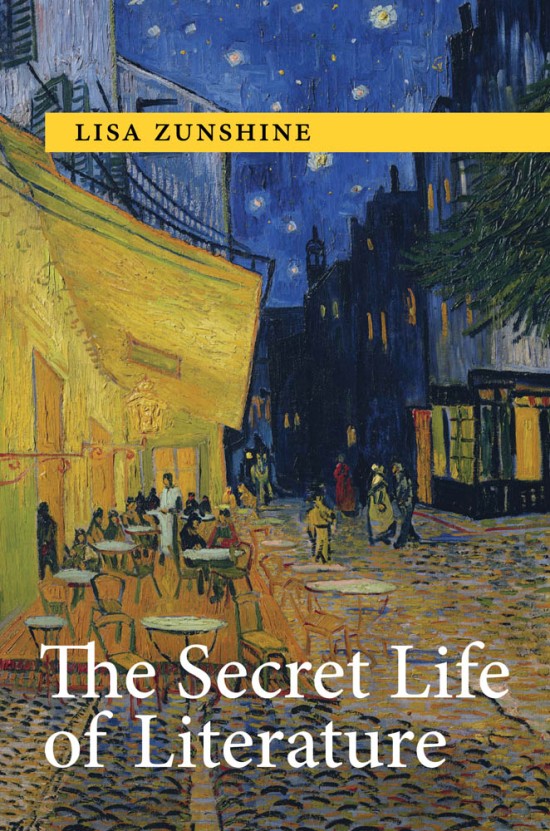

Most ebook files are in PDF format, so you can easily read them using various software such as Foxit Reader or directly on the Google Chrome browser.
Some ebook files are released by publishers in other formats such as .awz, .mobi, .epub, .fb2, etc. You may need to install specific software to read these formats on mobile/PC, such as Calibre.
Please read the tutorial at this link: https://ebookbell.com/faq
We offer FREE conversion to the popular formats you request; however, this may take some time. Therefore, right after payment, please email us, and we will try to provide the service as quickly as possible.
For some exceptional file formats or broken links (if any), please refrain from opening any disputes. Instead, email us first, and we will try to assist within a maximum of 6 hours.
EbookBell Team

4.4
72 reviewsAn innovative account that brings together cognitive science, ethnography, and literary history to examine patterns of “mindreading” in a wide range of literary works.
For over four thousand years, writers have been experimenting with what cognitive scientists call “mindreading”: constantly devising new social contexts for making their audiences imagine complex mental states of characters and narrators. In The Secret Life of Literature, Lisa Zunshine uncovers these mindreading patterns, which have, until now, remained invisible to both readers and critics, in works ranging from The Epic of Gilgamesh to Invisible Man. Bringing together cognitive science, ethnography, and literary studies, this engaging book transforms our understanding of literary history.
Central to Zunshine's argument is the exploration of mental states “embedded” within each other, as, for instance, when Ellison's Invisible Man is aware of how his white Communist Party comrades pretend not to understand what he means, when they want to reassert their position of power. Paying special attention to how race, class, and gender inform literary embedments, Zunshine contrasts this dynamic with real-life patterns studied by cognitive and social psychologists. She also considers community-specific mindreading values and looks at the rise and migration of embedment patterns across genres and national literary traditions, noting particularly the use of deception, eavesdropping, and shame as plot devices. Finally, she investigates mindreading in children's literature. Stories for children geared toward different stages of development, she shows, provide cultural scaffolding for initiating young readers into a long-term engagement with the secret life of literature.